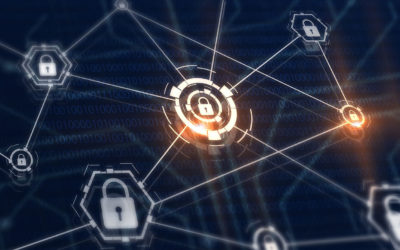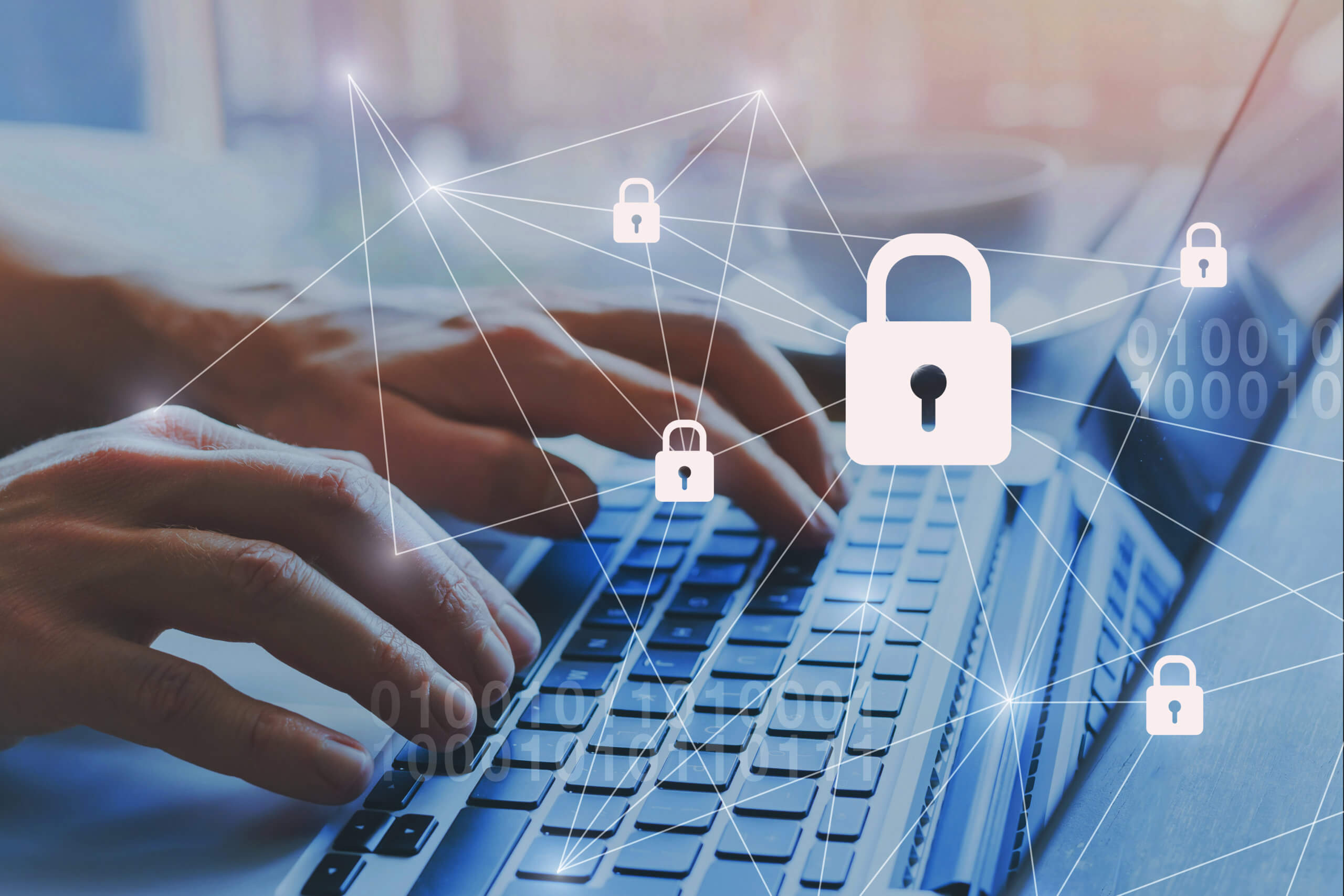Cybersecurity Needs More Women
Ardalyst started with two people who understand a fundamental truth – diversity in thought, perspective, and experience helps organizations thrive. As we near the end of Women’s History Month, we’re focusing here on gender diversity with a message near and dear to the heart of Ardalyst: Empowering, employing and supporting women in cybersecurity is a smart move for your business or agency, a good thing for women and a great step forward for society as a whole.
Why? Boosting women’s involvement in cyber security makes both good security and business sense. A recent study by McKinsey found that companies that fall in the top quartile for gender or racial and ethnic diversity are more likely to have financial returns above their national industry medians. A recent BCG study also suggests that increasing the diversity of leadership teams leads to improved financial performance as well as better innovation.
Female leaders in cybersecurity tend to prioritize, problem-solve and organize better. This is partly due to the wider expertise they bring to the team. Forty four percent of women in cyber security fields have degrees in business and social sciences compared to 30% of men. This is important as cybersecurity is more than just a technological problem and understanding its operationalization is key as it is embraced by more industries.
Ardalyst is dedicated to helping public and private organizations enhance their cyber security posture and expand their business. Our extensive knowledge of business operations and technologies paired with deep understanding of cyber defense practices helps organizations develop and mature the strongest front lines against cyber threats. And the women at Ardalyst are absolutely key in that effort.
Unfortunately, there are challenges for companies. Women are highly underrepresented in this field. Just three years ago, women represented 14% of the U.S. cybersecurity field, compared to 48% in the rest of the workforce. That’s lower than the number of women in the Armed Forces, which only opened up availability for service in traditional communities to women in the last 30-40 years.
Women are even less represented in leadership roles in cybersecurity. Only 1% of female internet security workers are in senior management positions. The basic societal belief is that cyber security and “adventures in online nerdery” is a job that men do, though there is nothing empirical to support that closed-minded view. Although there are changes starting to happen, the mentality has been pervasive. Women aren’t supposed to be CEOs. Women aren’t supposed to be leaders. Women aren’t supposed to be strong at STEM.
The truth is they are, and the cybersecurity battlespace is suffering because of the lack of diversity.
This problematic issue of the under-representation in cyber security comes back to STEM. The low representation of women in this field is linked to the broader problem of their low representation in the science, technology, engineering and mathematics fields. Only 30% of scientists and engineers in the U.S. are women. To be a strong leader in any field takes time, mentorship, and the space to make and learn for your mistakes. As well as allow others to do the same.
So, in order to make this situation better for our industry, women and society, we have to look for opportunities to mentor women and empower them while still students about the merits, excitement and opportunities in cybersecurity. One glance at the recent headlines about supply chain hacks and the declared priorities of the Biden Administration, DHS and the Cyberspace Solarium Report shows this is a growth industry. Simply put – this nation will need smart and talented cybersecurity operators in order to maintain our nation’s national security. If we are not pursuing, recruiting and mentoring women into these roles, then we are putting ourselves – all of us – behind the power curve in terms of cyber readiness.
Ardalyst continually looks for opportunities to mentor students, most recently from the United States Naval Academy. Ardalyst’s Chief Technology Officer, Josh O’Sullivan, specifically mentored Midshipman First Class Molly Swiger for her Senior Capstone Project about the DoD’s Cybersecurity Maturity Model Certification (CMMC).
“We need to create and foster a supportive network for women in STEM and specifically cybersecurity,” O’Sullivan said. “Our goal is to make cybersecurity more accessible. We want to foster a community that can build confidence, give different experiences they can leverage, and support hard-working and talented people in cyber security. Those people can be and should be women.”
Attracting more women to cybersecurity requires governments, nonprofit organizations, professional and trade associations, and the private sector to work together. Public-private partnership projects could help solve the problem in the long run. There are examples out there. In 2018, Microsoft India and the Data Security Council of India launched the CyberShikshaa program in order to create a pool of skilled female cybersecurity professionals.
Additionally, some technology companies have launched programs to foster women’s interest in and confidence to pursue and advance in internet security careers. One example is FireEye’s Elevate program. Elevate is an initiative that brings together women leaders to learn, inspire, and educate in support of a common mission – to elevate women in cyber into senior leadership and board positions globally. Through Elevate, FireEye offers training, mentoring, networking and other resources to women leaders across the cyber security industry.
Microsoft just recently announced a partnership with the women’s mentorship organization Wentors to mentor and train 1,000 women around the world over the next few years as a way of promoting gender diversity in the technology industry.
We also marvel at the time it takes to build leaders. The US Navy recently demonstrated this, making historic strides as four women of color have matriculated to command warships at the same time. It takes decades to grow commanders of warships and speaks volumes to how the Navy has been working to diversify their leaders.
Between industry’s prioritization of mentoring women to cybersecurity fields and greater advocacy for women in STEM on the high school and college level, we have an opportunity to push the conversation forward about women in this field. Everyone always uses the month of March to write these missives and highlight the amazing achievement of women, but this is an issue that needs to be prioritized year round. Ardalyst is happy to be a part of this effort. And as always, we thank Angela Black, Jena Gibson, Harley Hill, Ingrid Jensen, Jessica Lawrence, and Sharice Ruan for being a part of our hard-working team. Your efforts are vital for our national defense, and we recognize that … this month and all year.





